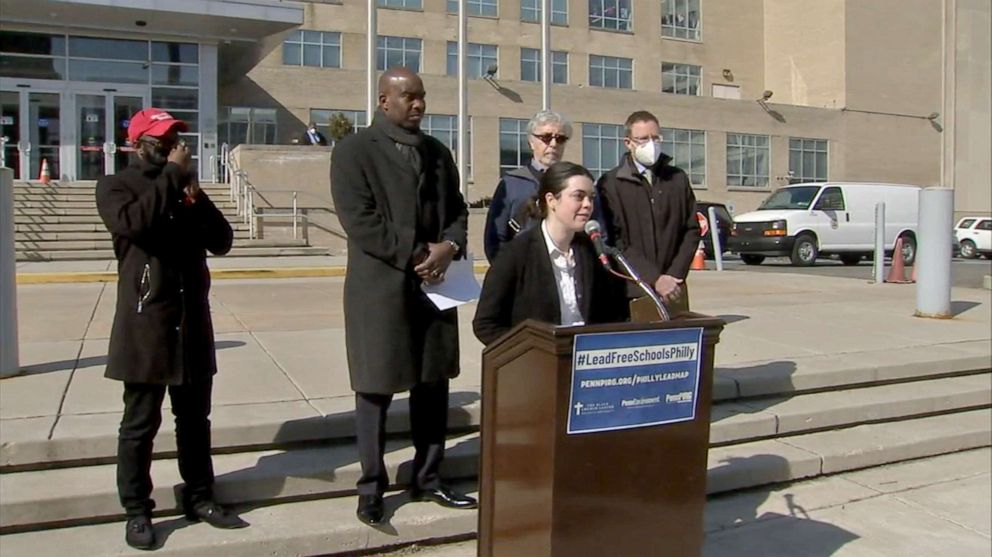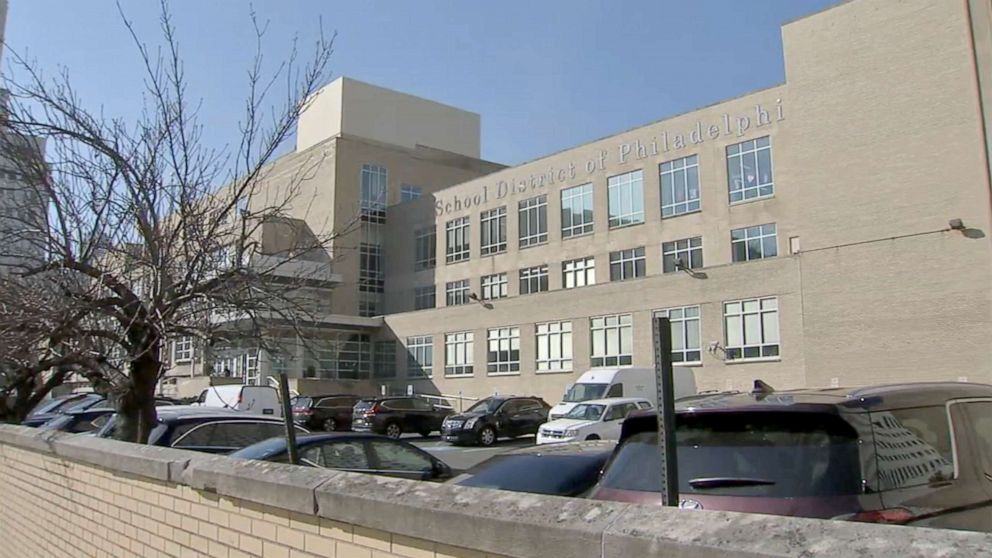Lead contamination found in Philadelphia schools' water: Report
The district said it is "not an accurate reflection of the water quality."
An environmental group said Philadelphia's school system needs to re-examine and rework its water pipes after a study found major lead contamination in school buildings.
The report, which was released by the PennPIRG Education Fund, the PennEnvironment Research & Policy Center and the Black Church Center for Justice and Equality, found that 61% of outlets tested across 65 schools were tainted with lead.
These included water fountains, bathroom sinks and kitchen sinks, according to the report.
"The extent of lead contamination in our schools’ drinking water is unacceptable," Emma Horst-Martz, an advocate for the PennPIRG Education Fund, said in a statement.

The study used public data on water testing from the school district.
The report's authors said many school buildings still have lead in their pipes and that may have led to the contamination.
The authors also released an interactive map showing the amount of contamination from each school that was surveyed.
Longstreth Elementary School had 49 outlets with lead contamination, the most within the schools surveyed, the report said.
The School District of Philadelphia released a statement contending the report was "not an accurate reflection of the water quality that students and staff in our District are accessing each and every day."
The district said it has a system in place to prevent students and staff from drinking contaminated water.
"In the event that a water outlet tests at or above 10 ppb (parts per billion), the City of Philadelphia’s required threshold for school drinking water ... the outlet is immediately shut down," the district said in a statement. "The District closes these outlets, both because it is required under City and EPA regulations, and to prevent students or staff from using or ingesting contaminated water."

The researchers said the city can take a few steps to curb the problem, including installing hydration systems that have filters and dispensing water into water bottles. They also recommended that filters be installed in all water fountains, taps in classrooms and kitchen sinks.
"It's time for district officials to address this threat once and for all," David Masur, the executive director of the PennEnvironment Research & Policy Center said in a statement.
The district said it has installed more than 1,320 hydration systems in school buildings and aims to install more in the future.
"These purified drinking sources are tested and have consistently shown lead levels which are safer than that required by city regulations. The district will continue its existing efforts to place hydration stations within easy access to all staff and students," the district said.




